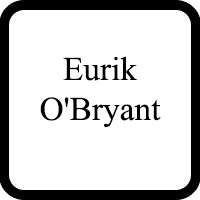Thornton Estate Lawyer, California
Sponsored Law Firm
-
 x
x

Click For More Info:
-
Wade Law Group
84 W Santa Clara St Ste 750 San Jose, CA 95113» view mapWills & Probate Law Working With Excellent Attorneys
Our goal is to have our core areas of practice rank among the top in the legal community.
888-909-9430
Diane Wallis Huijgen
✓ VERIFIEDReal Estate, Business, Employment, Estate, Litigation
Diane Huijgen is a practicing lawyer in the state of California handling several different areas of law.
Eurik O'Bryant
✓ VERIFIEDBankruptcy & Debt, Wills & Probate, Intellectual Property, Landlord-Tenant
Eurik is a shareholder at Sekhon & O’Bryant specializing in the practice of contested trust and estate matters, probate administration, commercial l... (more)
Simran Singh Sekhon
Business, Bankruptcy, Trademark, Contract, Wills & Probate
Simran Sekhon is a practicing lawyer in the state of California.
Jerry D Hall
Corporate, Business & Trade, Business Organization, Estate Planning
Status: In Good Standing
K. Robert Foster
Federal Trial Practice, Federal Appellate Practice, Estate Administration, Waste & Pollution
Status: In Good Standing
Thomas J. Driscoll
Education, Real Estate, Estate, Contract
Status: In Good Standing Licensed: 44 Years
 Amiel Wade San Jose, CA
Amiel Wade San Jose, CA AboutWade Law Group
AboutWade Law Group Practice AreasExpertise
Practice AreasExpertise



